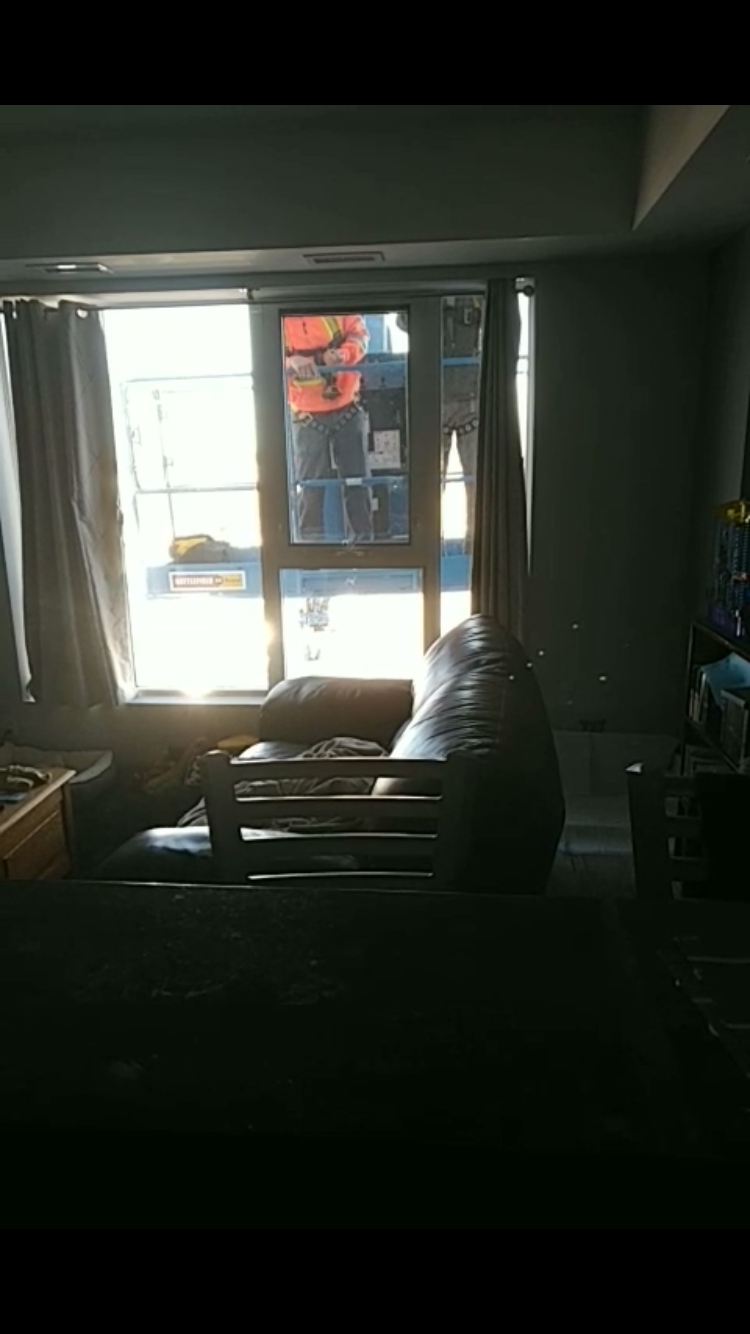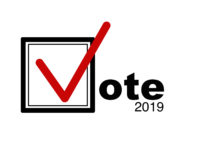Throughout the course of a tenancy, it is fairly standard that damages will occur, either from regular wear and tear, negligence, or simply by accident. Wear-and-tear damage is almost always the responsibility of the landlord. However when the damage is considered ‘undue,’ the responsibility to pay for the repair falls to the tenant. This is outlined in section 34 of the Residential Tenancies Act.
Remember, the damage need not be caused by the tenant for the tenant to be liable. As a tenant, you are responsible for any and all damage caused by anyone you permit on the premises.
This is all pretty straightforward, but what happens when the landlord is overcharging a tenant for repairs?
You admit that you caused the damage and are liable for the repair costs, but the landlord says the repair costs are $300, when you know the repair can be done for $100.
In this scenario, your best bet is to try and work something out with the landlord; that is the path of least resistance.
You will want to present your landlord with evidence that indicates that your cost assessment of the damage is accurate and reasonable.
Hopefully this will allow both sides to reach an agreement.
If this does not solve the issue, the landlord has recourse to apply to the Landlord Tenant Board for, “an order requiring a tenant to pay reasonable costs that the landlord has incurred or will incur for the repair of or, where repairing is not reasonable, the replacement of damaged property, if the tenant, another occupant of the rental unit or a person whom the tenant permits in the residential complex wilfully or negligently causes undue damage to the rental unit or the residential complex and the tenant is in possession of the rental unit.”
This is from section 89(1) of the Residential Tenancies Act. Again, notice the usage of ‘undue damage’. If the dispute were to reach the Board, the decision would hinge on what is considered reasonable costs. Is the landlord’s quote of $300 for the damages reasonable? Or is your assessment of $100 for the damages reasonable? Each side would have the opportunity to present evidence and the Board would issue a ruling deciding what is reasonable in the circumstances.
For obvious reasons this is a situation you will want to avoid, and indeed, the landlord will likely also want to avoid, but it is important to be aware of the rights you have as a tenant, and the rights afforded to your landlord.
Don’t hesitate to get in touch with our office if you have any questions about this or any other scenario you find yourself in. We can be reached at info@swainparalegal.com, or www.swainparalegal.com, 289-218-6846.































